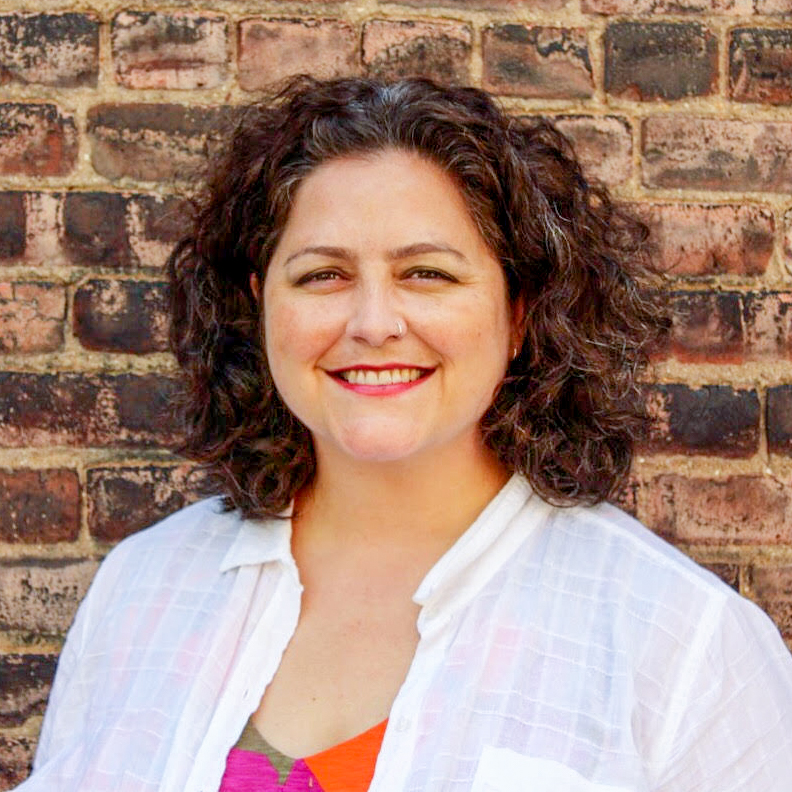Through her years at Lafayette, her life in New York City and a fateful visit to a small-town Italian restaurant, Shayne Figueroa ’99 found meaningful insights into the realities of the post-war era and a career passion for food history.
Figueroa is currently a food studies professor at New York University. However, her journey in food studies started when she took an introductory American Studies class at Lafayette.
The class was centered around culture and history in post-war America, which introduced her to the culture of the late 1940s, 1950s and 1960s. She first found a particular interest in the food studies of this period on a visit with her aunt and uncle in suburban Pennsylvania.
While trying to decide where to eat dinner, they found that every casual dining chain had incredibly long waits with lines stretching across the block. Not wanting to stand in such long lines, Figueroa’s aunt and uncle suggested they go to a neighborhood Italian restaurant.
Figueroa and her family loved the food, which sparked a question that she had never thought about before: “Why do we prefer franchises and that mass-marketed food over what we would consider now the authentic local food and flavors?”
This experience firmly established her interest in the study and history of food, particularly during the post-war period. This eventually became the topic of her doctorate work at New York University, which focused on the history of casual dining franchises.
Within the post-war lens of food studies, one of Figueroa’s favorite topics to study is the school lunch programs during this time. Through this research, Figueroa was brought back to her education at Lafayette.
Figueroa explains that Lafayette had been the factor that set up her interest in the history of school lunch programs. With college being her first experience in a diverse community, she was able to see that not everyone had the same socioeconomic background.
“Coming out of World War II, there was a report that a certain percentage of people reporting to serve were unfit due to malnutrition,” Figueroa said.
Upon further research into this topic, she realized that the findings on the school lunch programs started to poke holes into the idealized view of the post-war era.
“What’s missing is the actual voice, memories and experiences of the children … If you’re a kid, and your daily official input comes from not your mom and dad or your caretakers but the school, what does that tell us?” Figueroa said.
These findings helped her to reach the conclusion that life wasn’t as simple as people may think it was in the 1950s and 1960s.
“That’s kind of chipping away at this idea of the 1950s and post-war which says ‘Leave It to Beaver’ and a happy suburban story, but yet there’s a little bit of a crack in there.”
Though Figueroa did not expect the topic of food studies to be the one that she would study someday, through her learnings at Lafayette and continued graduate work, it has fulfilled her.
“It definitely made an impression on [me],” Figueroa said.






















































































































Kimberly Dahlman • Mar 18, 2023 at 6:15 pm
Dr. Figueroa is an incredible scholar who has brought to the forefront a rich history of forgotten stories surrounding food. Importantly, she has shed light on the way that our rapidly changing culture has altered the landscape of food service in the US school system and food as a part of family life. Her students are lucky to have her!
Paul Figueroa • Feb 27, 2023 at 11:40 am
That is my daughter! Learned much from her Mom Coni about cooking and meals. Plus interviews with students who recalled school lunch programs for her PhD. Shayne is a positive example of a legacy student for Lafayette.